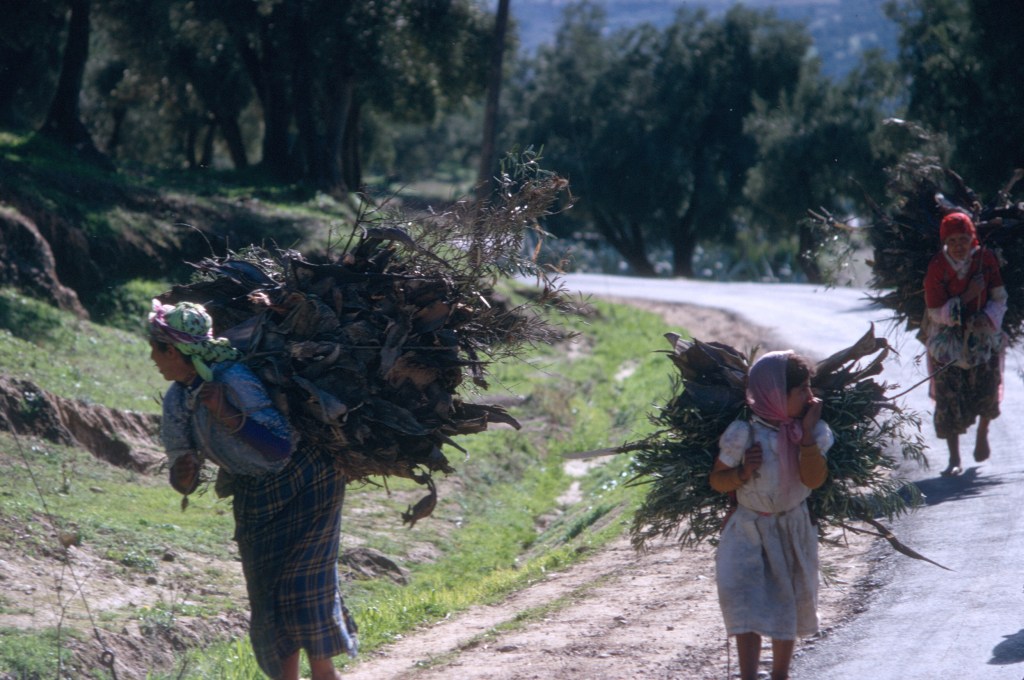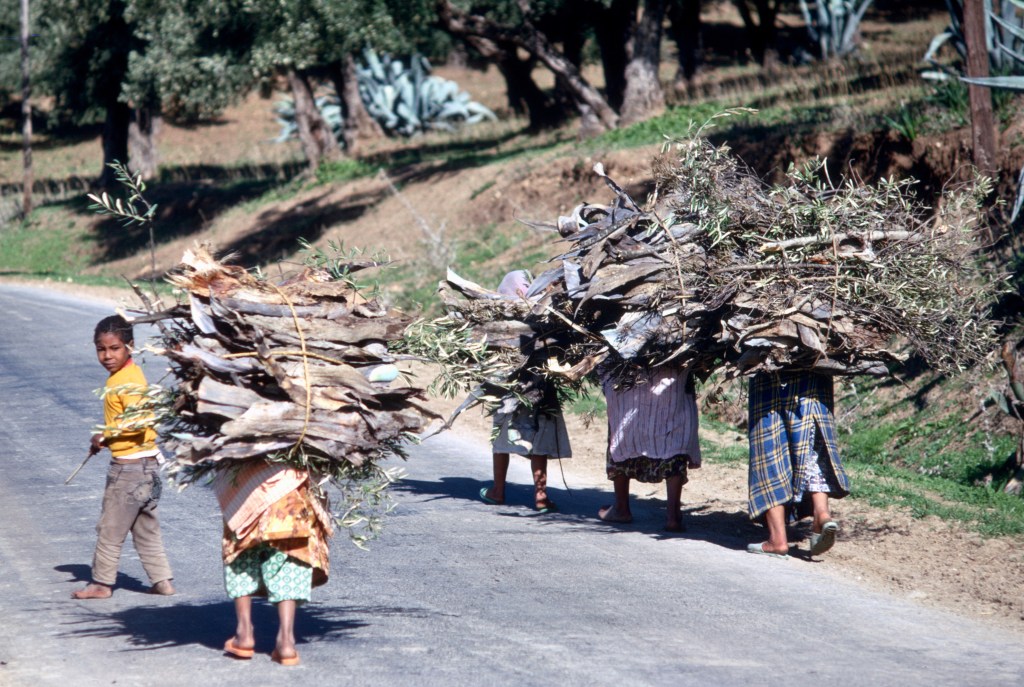I am reading a book about Alexander Mackenzie, a Scot who emigrated to America in the 18th century, and made his fortune in the fur trade in Canada. Today his name belongs to the great river that flows through northwest Canada into the Arctic Ocean. He discovered it searching for the Northwest Passage. As with other early explorers, he found to his chagrin that the Northwest Passage did not exist. Ironically, today the warming Arctic will soon provide this long sought quick route to the Orient.
The early explorers of the region depended on the native Americans for their knowledge of the land as well as their practical know-how. Winter travel where the temperature often dropped to 50 degrees below zero required survival skills that few Europeans possessed.
The book tells the story of one native American, Matonabbee, who came across a starving Englishman, Samuel Hearne, and saved his life. The author, Brian Castner, recounts an interesting conversation between the two:
Matonabbee took pity on Hearne. He dressed the Englishman in a
coat of otter skins, and then showed him a river where small trees grew so the party could fashion snowshoes and sleds. Hearne was out of rifle ammunition and, desperate to take down game, cut an iron ice chisel into square chunks to create a poor substitute for bullets. But Matonabbee’s hunters easily fed them as they completed the journey back to Prince of Wales Fort.
As they walked, Matonabbee asked, “Will you attempt another journey for the discovery of the Coppermines?’ Hearne said yes, and Matonabbee volunteered to be his guide, on a few conditions. First, that a certain price be met by the governor of the fort. And second, that Matonwabbee’s wives accompany them. This was the most important point. It was lack of women on the expedition that had doomed Hearne, Matonabbee said. “For when all the men are heavily laden,” the Chipewyan said, “they can neither hunt nor travel to any considerable distance; and in case they meet with success in hunting, who is to carry the produce of their labor? Women are made for labor. One of them can carry, or haul, as much as two men can do.”
The passage reminded me of the huge loads that country women carried in Morocco. By old age, many were permanently stooped. Life was never easy for poor farmers and their families, and men, too, wore themselves out to earn bread for their families. Droughts were frequent, the weather often too hot or too cold, and harvests unreliable. Taken advantage of by town merchants, abused by the authorities, lacking adequate health care, the poorest farmers eked out a precarious existence with a stoicism that amazed me. I think of it as courage.



The book, Disappointment River, tells the story of the author’s attempt to retrace Mackenzie’s route across the Great Lakes and northwest Canada, and down the Mackenzie River to the Arctic Ocean, and I recommend it as an adventure tale as well as a history of the fur trade in Canada.

All rights reserved. Published in the United States by Anchor
a division of Penguin Random House LLC, New York. Originally published
in hardcover in the United States by Doubleday, a division
Penguin Random House LLC, New York, in 2018.

You make a great link here Dave. Clever.
LikeLike